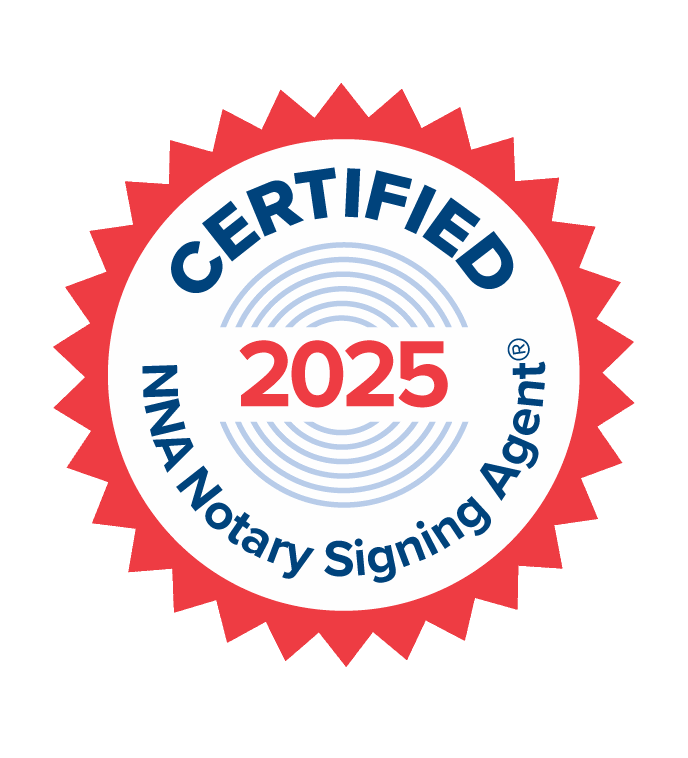FAQs About Notarization in Dallas: What Every Resident Should Know
Understanding Notarization
Notarization is a crucial process that ensures the authenticity of documents by verifying signatures and preventing fraud. In Dallas, residents often require notarial services for various legal documents, including real estate transactions, affidavits, and powers of attorney. Understanding the basics of notarization can help you navigate these legal waters smoothly.

What Is a Notary Public?
A notary public is an official appointed by the state to serve as an impartial witness in the signing of important documents. They perform a range of duties, including verifying the identity of signers, witnessing signatures, and ensuring that all parties understand the contents of the document. In Dallas, notaries are regulated by the Texas Secretary of State.
Qualifications and Responsibilities
To become a notary in Dallas, an individual must meet certain requirements, such as being at least 18 years old, a legal resident of Texas, and having no felony convictions. Notaries are responsible for maintaining integrity and impartiality during the notarization process.
Commonly Notarized Documents
Residents in Dallas often seek notarization for a variety of documents. Some of the most common include:
- Real estate deeds and mortgage documents
- Wills and trusts
- Affidavits and sworn statements
- Business contracts
It is important to ensure that all parties involved understand the document's content before proceeding with notarization.

Steps in the Notarization Process
The notarization process typically involves several steps:
- Verification: The notary verifies the identity of all signers using government-issued identification.
- Consent: All parties must sign the document in the presence of the notary.
- Record-Keeping: The notary records the transaction in their official journal.
- Seal and Signature: The notary applies their official seal and signature to the document.
The Importance of Notarization
Notarization provides an added layer of security for important documents. It helps to deter fraud by ensuring that signers are who they claim to be and that they are signing voluntarily. This is especially important in legal disputes where document authenticity might be questioned.

Finding a Notary in Dallas
Finding a notary in Dallas is relatively easy, with many banks, law firms, and UPS stores offering notarial services. Mobile notaries who can travel to your location are also available. It's important to verify that any notary you choose is licensed and in good standing with the state.
FAQs About Notarization
Q: Do I need an appointment for notarization?
A: While some places accept walk-ins, it's often best to schedule an appointment to ensure availability.
Q: Can a notary provide legal advice?
A: No, a notary is not authorized to provide legal advice or interpret documents.
Q: What should I bring to a notarization appointment?
A: Bring a valid government-issued ID and all documents requiring notarization. Ensure all parties involved are present.

